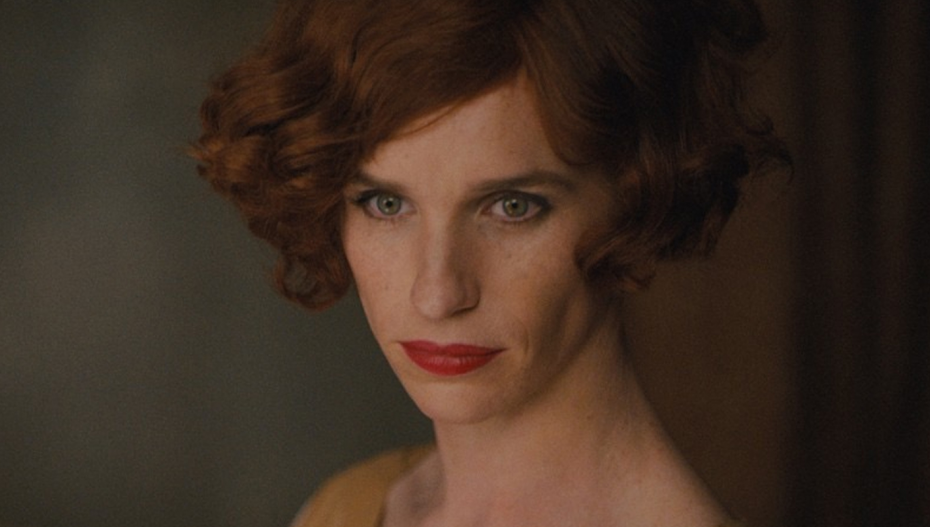Gender stereotypes and years of conditioning, don’t really leave a choice for children in India, to choose their ‘true’ gender beneath their skin. A gender more acceptable to their soul than the society they breathe in. Take the case of a distant friend, who I took to be a lesbian, recently informed me that he identified as a transgender man. For me, this sudden change in gender choice, left me in a bewilderment.
Masculine women or feminine men are easier to identify because of their physical manifestations – I mean those are easy to perceive. The transgender identity, on the other side, is more complex because then the choice is more to do with the mind (the individual then has a gender identity or expression, which is different from the gender they were naturally assigned at birth).
Back to my friend, ‘HE’ hasn’t made the physical transition, just as yet, to being a man and so, continues to use the birth name (name given to a girl child).
‘HE’ also moves around in the upper-middle-class Ahmedabad society, donning a short hairdo and opts for shirt and trousers. But this change in physical appearance hasn’t brought about a change in the manner in which the society perceives or accepts him – a WOMAN. In his mind, he’s very much an alpha-man and refuses to do anything he considers to be remotely feminine, like cooking.
Recently, I remember reading a report about an eight-year-old in Palanpur, developing male organs within her female private parts. It was found that genetically she was a boy and had both XY chromosomes. But the parents had raised her as a girl, and so, they thought it best she remains one. The urologist at Palanpur Civil Hospital, Dr Sunil Joshi, who performed the surgery to remove the male parts, says she will need “interventions” when she reaches puberty to counter the effects of the testosterone hormone. The hormone could lead to the girl having features of a boy such as a deep voice and facial hair. Another report mentions that the little girl is a bright student but could be subjected to mental trauma, as and when she comes to terms with the effects of chromosomes on her body.
In time, maybe the story of this little girl in Palanpur will be more recited across urban and rural pockets of India. Right now, the emphasis seems to be on the fact that her parents decided they wanted a girl instead of a boy – a remarkable choice, perhaps, in India! By the time she grows up, our society may progress and tell a more nuanced story. Maybe she’ll become a movie, someday.
Like, the 2015 Academy Award-winning film, The Danish Girl, had Eddie Redmayne play Einar Wegener, a transgender girl in Copenhagen of the1920s – a time when the issue was barely understood. In one poignant scene in the film, a gay man makes a pass at Einar, thinking of her to be a feminine male, which upsets her profusely because she thinks of herself as a woman.
The Pulitzer Prize-winning American novel ‘Middlesex’ by Jeffrey Eugenides tells a story that has many parallels with the Palanpur case. Here too, the protagonist, Calliope Stephandides, is raised as a girl but at age 14 she discovers she is a hermaphrodite. The difference is that her parents and doctors want her to have a say in her gender assignment, a difficult decision for one who has just entered puberty. Her only sexual experience is with another girl in her school. Is she attracted to girls as a boy or as a girl? Does she identify as a lesbian or a heterosexual man or something else?
These are questions of an individual choice, cultural norms, sociological expectations that have inspired many films and novels. For now, let’s hope that with the increasing trend in gender-neutral parenting in urban India, as seen in the last two years, gender conditioning would ease out and an individual would have the preference of choosing their gender as opposed to the choice of parents, society or sociological compulsions.









